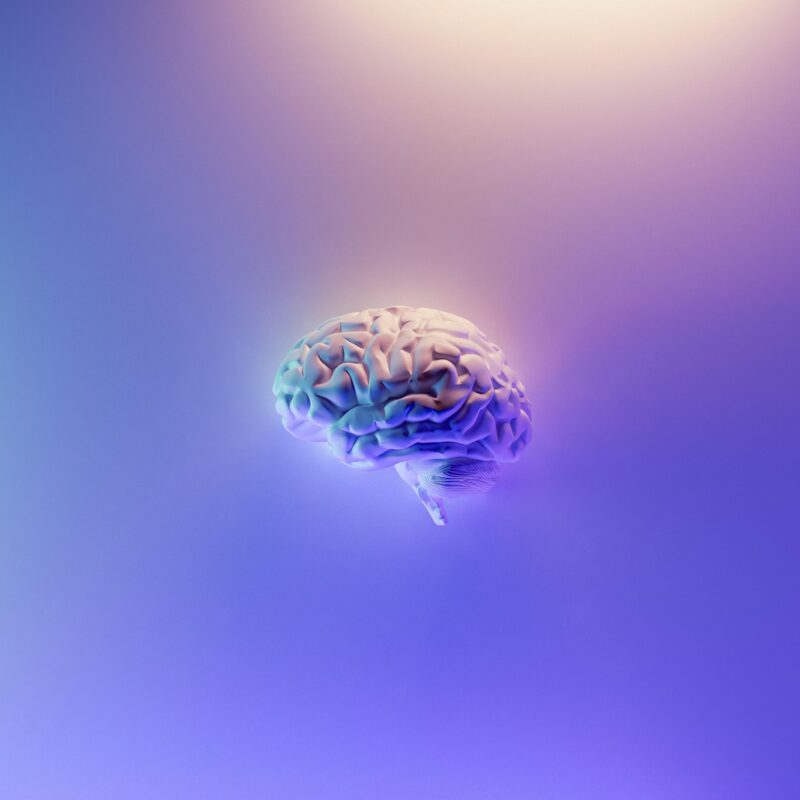
Social cognition refers to the mental processes involved in understanding and interpreting social information such as emotional regulation. Recent studies have shown that physical activity can benefit social cognitive abilities. The researchers hypothesize that improvements in physical fitness (due to exercise) can promote a state of automatic balance that leads to better social cognition.

Automatic balance refers to the balance between the sympathetic nervous system (SNS) and the parasympathetic nervous system (PNS). The SNS is our body’s “fight or flight” response. It is responsible for preparing our bodies for intense physical activity (increased heart rate, blood pressure, etc.). The PNS refers to the “rest and digest” response (i.e., decreased heart rate, blood pressure, etc.). When our bodies are in a state of automatic balance, the SNS and PNS are working in harmony. This study suggests that when our SNS and PNS are in balance, we are better equipped for social engagement.
It is important to note that the benefits of physical activity and exercise are not limited to specific types of exercises; any form of physical activity can help. It is also important to develop an exercise plan that is appropriate for your fitness level and goals and that also involves a recovery period.

| Reference: Ludyga, Sebastian1; Ishihara, Toru2; Kamijo, Keita3. The Nervous System as a Pathway for Exercise to Improve Social Cognition. Exercise and Sport Sciences Reviews 50(4):p 203-212, October 2022. | DOI: 10.1249/JES.0000000000000300 |
